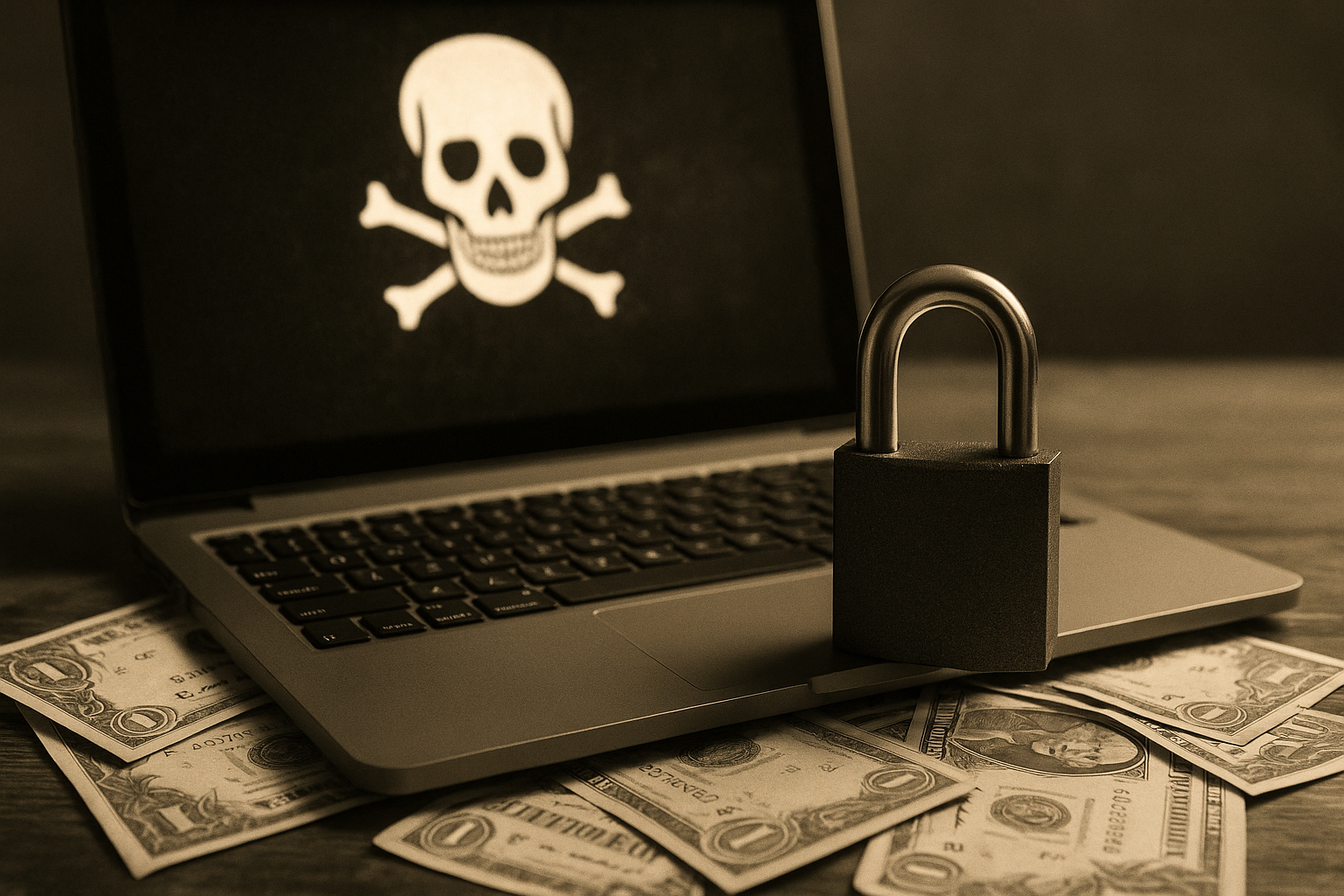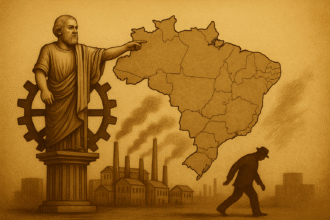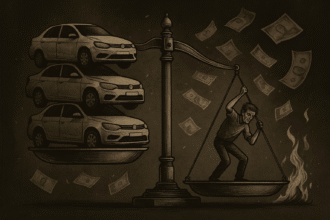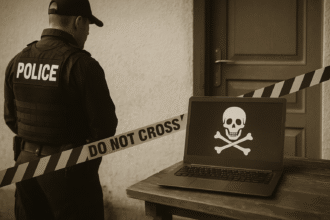While digital piracy is widely condemned and combated by operations such as Operation 404, there is little discussion about the structural causes that lead millions of Brazilians to resort to illegal content. In this article, we analyze how state policies contribute to this scenario, transforming access to culture and technology into a privilege for the few.
Tax Burden as a Barrier to Access
In Brazil, the tax burden on cultural and technological products is exorbitant. Electronic games, for example, can have a tax burden that represents more than two-thirds of the final price. A report by UOL shows that, on dates such as Children's Day, consoles such as the PlayStation 4 can have up to 72,18% of their value composed solely of taxes. This means that, of a product that cost R$$ 3,999, approximately R$$ 2,887 corresponded to taxes, according to a survey by the Brazilian Institute of Planning and Taxation (IBPT). This tax policy makes access to culture and entertainment elitist, pushing consumers towards illegal alternatives.
Furthermore, the bureaucracy and costs associated with legalizing software and digital content discourage legal consumption. For many, piracy is not a moral choice, but an economic necessity.
Poor Digital Infrastructure
The lack of investment in digital infrastructure, especially in peripheral and rural regions, limits the population's access to legal streaming services and digital platforms. While the State does not guarantee quality and accessible internet, piracy presents itself as the only viable alternative for the consumption of cultural and informative content.
This gap highlights the state's negligence in promoting digital inclusion, which is essential for the full exercise of citizenship in the 21st century.
Protectionism and Market Reserve
Market reserve, a state policy that imposes barriers to the entry of foreign competitors into strategic sectors of the economy, under the pretext of protecting and developing the national industry. In Brazil, this practice gained strength in the 1980s, especially in the IT sector, creating an environment of technological scarcity, abusive prices and outdated products. By stifling external competition, the state eliminated the possibility of access to more modern and affordable goods — and, in doing so, fueled an informal market based on piracy and smuggling, which began to supply the pent-up demand for technology.
The lack of competition prevents price reductions and innovation, harming the consumer and benefiting only economic groups protected by the State.
Repression without Education
Government actions focus mainly on cracking down on piracy, without equivalent investment in digital education and copyright awareness. Education that teaches respect for private property, including intellectual property, is essential as part of the ethics of voluntary coexistence. This punitive approach, without concomitant educational work, fails to effectively reduce piracy in the long term.
Without understanding the legal and ethical implications of piracy, many consumers continue to resort to illegal content, perpetuating the cycle of informality and illegality.
Currency Devaluation and Access to Culture
The devaluation of the real against the dollar makes imported cultural and technological products even more expensive. Games, software and equipment are becoming prohibitive for most Brazilians, who see piracy as a way to access culture and information.
The state's economic policy, by failing to control inflation and allowing the currency to continue to depreciate, directly contributes to the increase in piracy in the country.
The Impact of Public Policies on the Games Sector
The gaming sector, as demonstrated in the post “Game Over on Economic Freedom”, is a clear example of how misguided public policies can harm a promising industry. The high tax burden, the lack of incentives for national production and the absence of policies to promote technological innovation make the Brazilian market uncompetitive.
International companies face enormous barriers to operating in the country. Among the main obstacles are high taxes, excessive regulatory requirements, legal uncertainty and a slow and burdensome customs system. These obstacles drastically increase operating costs and reduce the interest of major brands in investing or maintaining a presence in Brazil. As a result, consumers suffer from high prices, delayed product launches and a limited supply of legal goods and services. In this scenario, piracy emerges not only as an alternative, but as a direct reflection of the distortions caused by an inefficient state model that is hostile to free enterprise.
The Need for Structural Reforms
To effectively combat piracy, it is necessary to go beyond repression and implement structural reforms that promote access to culture and technology. This includes reducing the tax burden on cultural products, investing in digital infrastructure, policies to encourage domestic production, and digital education programs focused on the ethics of respecting property.
Only with a comprehensive and inclusive approach will it be possible to reduce piracy and ensure universal access to culture and information.
Did you like the analysis? Subscribe to Economic Radar newsletter and receive content like this directly to your email.
References:
- UNICEUB – Digital Piracy and Brazilian Criminal Law
- Valor Econômico – Tax burden on games in Brazil exceeds 70%
- CGI.br – TIC Domicílios 2023: Report on internet access in Brazil
- Wikipedia – Market Reserve
- IPKey Latin America – Operation 404.7: international fight against digital piracy
- UOL Economia – Children's Day: Video games have 72% in taxes, see other examples





